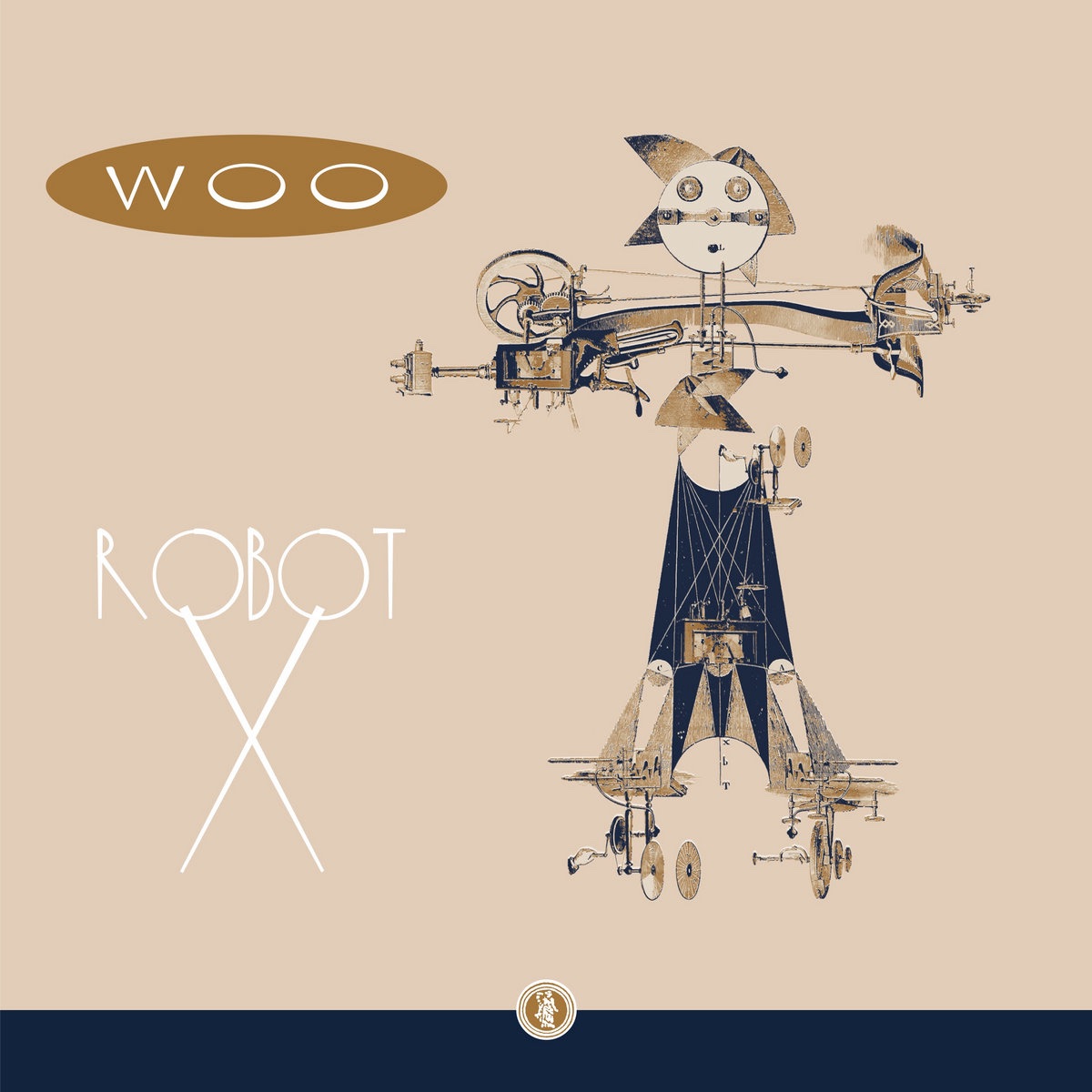Woo
Robot X + Xylophonics [Reissues]
INDEPENDENT PROJECTS
To call eccentric English brothers Clive and Mark Ives an enigmatic delight only scratches the surface of their work with Woo. As two artists who grew up together, happily playing as one unit since teendom, there’s an inbuilt level of inscrutable intimacy and religiosity to their brand of new-age-gone-wild—a cloistered but cheery catalog that starts with the lovely, thudding jazz of 1982’s Whichever Way You Are Going, You Are Going Wrong and has continued with a slew of near-secretive releases since that time. With that, Woo—unlike fellow travelers such as The Durutti Column or even Brian Eno at his most intense—has a tendency of coloring their avant-garde, ambient-based blends of music in bright, colorful tones rather than dark, shadowy synths.
Two of Woo’s latter-day archival efforts, 2016’s Robot X and 2017’s Xylophonics, have been cobbled together by Los Angeles’ Independent Project Records as a completely new, tied-together project with a seamless flow that wouldn’t have seemed probable from the outset. Dabbling in odd, electronically treated acoustic instrumentation and edgy editing techniques where everything sounds as if it’s melting and quickly reshaped into new form, both releases took elements recorded in previous settings, twice-over deconstructed them, then remodeled them into a future-forward sound without much precedent.
The 4-track, cut-and-paste Robot X—based in part on Terry Gilliam’s Brazil and its look at governmental control run wild—manages to massage each one of its techno-tronic elements into something fleshy and finite: the soaring sound of the human race winning over the machine world. Woo’s sonic victory may not seem so glorious on the surface of Robot X, with stridently steely cuts such as “Multi-Minimal Malfunctions” and “Resolution Sensory Feedback.” Yet as musicians and producers, Woo have found their own sense of control over all that is programmable and damning.
With its reconfigured tracks tied together in one long Moebius-strip fashion with layered, prepared keyboards, drum machines, loop processing, and tuned percussion such as kalimba, marimba, and xylophone, Xylophonics, too, tells a tale of the future. Only this time, the story starts from a place of good, melodic cheer and only gets dearer after we move from the chuffed “Temperamental Circus” into aptly titled musical moments such as “Memory Oscillator,” “Peak Harmonies,” and “Whistling Home.” Woo, indeed.









